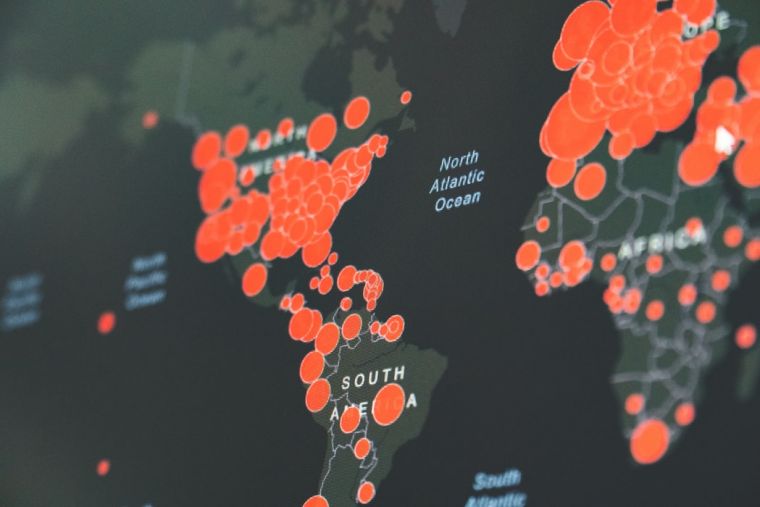UK Church called to prayer in response to Covid crisis

The UK Church is being asked to unite in prayer for the world's poorest nations that are struggling as a result of Covid-19.
Stewardship is asking churches across the UK to join in prayer for the global crisis on Sunday 13 September.
It is partnering with Christian humanitarian agencies Tearfund, World Vision, A21 and Open Doors, as well as charities based in Lebanon, Brazil, South Africa and India as part of its Global Rapid Response Campaign.
A new webinar is being posted to the campaign page every Thursday afternoon highlighting the stories of frontline charity workers and local church leaders tackling Covid in their communities.
Pastors in the UK are being asked to show a short video at church this Sunday featuring spoken word artist Kenneth Omole.
Stewardship is hoping to inspire more UK Christians to pray and intercede on behalf of communities worldwide facing huge social and economic challenges because of the pandemic.
Stewart McCulloch, CEO of Stewardship said: "Covid-19 will have and is already having a disproportionate impact on the world's poorest and most vulnerable people and yet our UK media is occupied with domestic issues.
"We hear little of the international impact where our brothers and sisters face the trauma of crisis upon crisis. We have spoken to Christians all over the world; I was most struck by those in Beirut and Yemen who risk their lives every day to bring help and hope to their neighbours.
"In turn we are called to help them carry on their life saving ministries."
The call comes after World Vision warned that 1.6 billion worldwide could die in second waves if governments do not take steps now to help vulnerable communities.
Research by the development agency found that the British public was broadly supportive of an increase to UK Government spending on overseas aid to fight Covid worldwide.
World Vision's head of policy Gareth Wallace said: "A coronavirus outbreak in any part of the world puts us all in danger.
"If the disease is not eradicated, it will pose a perpetual threat to the world's poorest people and those living in wealthy countries alike.
"Defeating it depends on reaching the most vulnerable communities in every country."











